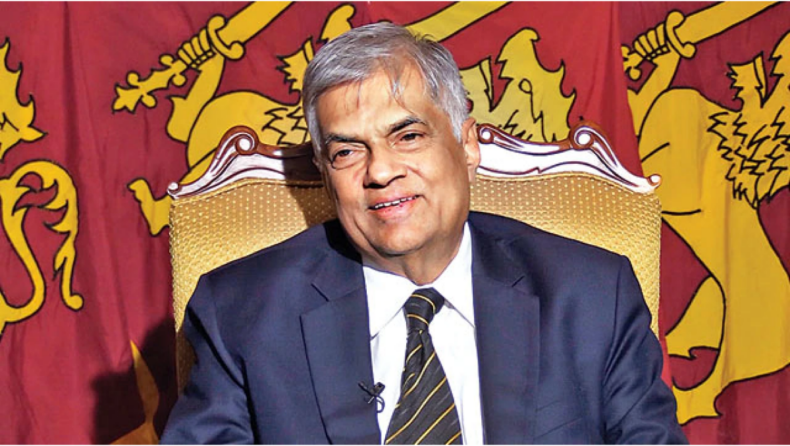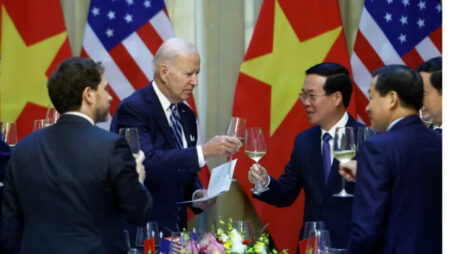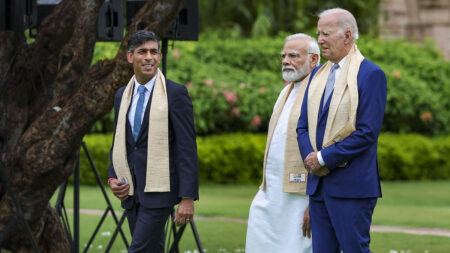
Prime Minister of Sri Lanka Mr Ranil Wickremesinghe took on the additional role of Finance Minister on Wednesday. Hence, it’s the most difficult job in the island nation’s economy, which is in the midst of an unparalleled crisis.
According to President Gotabaya Rajapaksa’s office, Mr Wickremesinghe was appointed as “Minister of Finance, Economic Stabilization, and National Policies.” Approximately, a fortnight after Mr Gotabaya nominated him Premier in place of his elder brother Mahinda Rajapaksa amid political turmoil.
Mr Wickremesinghe said on Wednesday that he would publish an interim budget in six weeks.
Also, he would cut infrastructure projects to divert funding to a relief programme for Sri Lankans most affected by the disaster. In an interview with Reuters, he said, “With the interim Budget, it’s just about cutting down expenditure, cutting to the bone where possible, and moving it to welfare.”
Ground Zero: An economic collapse was predicted in Sri Lanka
Mr Wickremesinghe cautioned citizens after taking office that the coming months would be “very challenging.” Also, the impending food shortages will be a result of Mr Gotabaya’s rapid policy shift to organic farming in May 2021.
Therefore, his government altered the strategy in the face of widespread criticism and farmer protests. But the analysts, predicted a 50 per cent loss in crops this year.
Indeed, the new Prime Minister focused on obtaining external assistance, such as from the International Monetary Fund and bilateral partners. Thus, Colombo chose to default on its foreign loans ahead of schedule and is now attempting to “restructure” its $50 billion debt.
Although the government’s talks with the IMF are still ongoing, the World Bank ruled out any further aid to Sri Lanka on Tuesday.
On March 16, Mr Wickremesinghe presented three major policy objectives to the nation: a new Budget, a plan to privatize Sri Lanka’s loss-making national carrier, and printing more money to pay state sector employees. According to Mr Wickremesinghe, 1 trillion Sri Lankan rupees are set to be issued.
Therefore, as the new Finance Minister, his task was not only to secure emergency funding from a variety of sources. But also, reviving the island nation’s domestic economy by increasing production and exports in order to earn money and foreign exchange.













